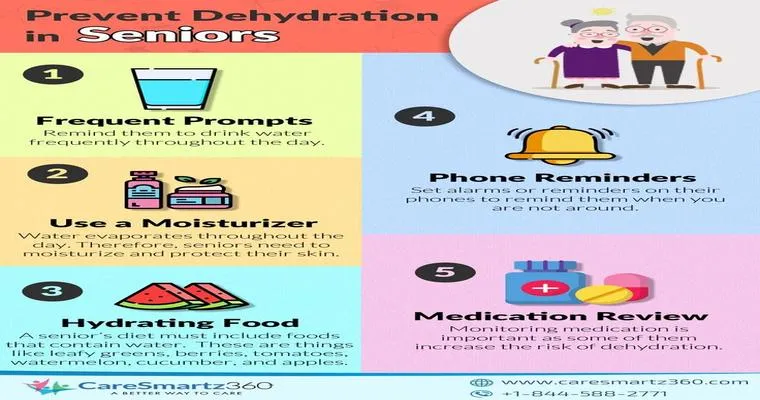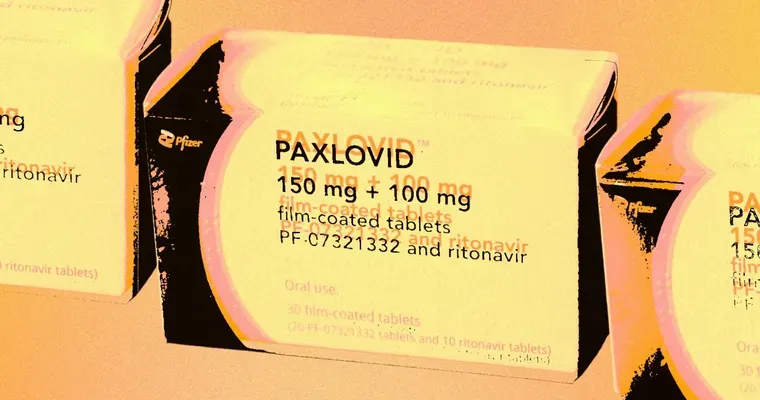As we age, maintaining proper "hydration" becomes increasingly important for overall health and well-being. Seniors often face unique challenges that can lead to "dehydration", such as reduced thirst sensation, certain medications, and medical conditions. Understanding effective "hydration tips for seniors" can help promote better health and prevent complications associated with inadequate fluid intake.
One of the simplest yet most effective hydration tips for seniors is to set a daily water intake goal. Aiming for at least 8-10 cups of water each day can help ensure that the body remains adequately hydrated. It is essential to note that individual needs may vary based on activity level, climate, and health conditions. Keeping a water bottle nearby can serve as a visual reminder to drink more fluids throughout the day.
Incorporating "hydrating foods" into the diet is another excellent strategy. Foods such as cucumbers, watermelon, oranges, and strawberries are not only delicious but also contain high water content. Including these foods in meals and snacks can significantly contribute to overall fluid intake.
Seniors should also be mindful of their "medications". Some medications can lead to increased fluid loss or may affect the body's ability to regulate hydration. Consulting with a healthcare provider about the potential side effects of medications can help seniors understand their hydration needs better.
Another effective tip is to establish a routine around hydration. Seniors can associate drinking water with specific times of the day, such as after meals or during breaks from activities. Creating a routine can reinforce the habit of regular fluid consumption.
It’s also important to recognize the signs of "dehydration". Common symptoms include dry mouth, fatigue, dizziness, and dark yellow urine. Seniors should be encouraged to listen to their bodies and respond promptly to these signals by increasing their fluid intake.
Engaging in social activities that promote hydration can also be beneficial. For instance, participating in group meals or social gatherings often includes beverages, making it easier to stay hydrated while enjoying the company of others. Seniors can also explore different beverages, such as herbal teas or infused water, to make hydration more enjoyable.
Lastly, if seniors are concerned about their hydration status or have difficulty drinking enough fluids, they should consider consulting with a healthcare professional. A doctor or nutritionist can provide personalized advice tailored to individual health needs and conditions.
In conclusion, staying properly hydrated is crucial for seniors to maintain their health and vitality. By implementing these "hydration tips for seniors", including setting daily goals, consuming hydrating foods, being mindful of medications, establishing routines, recognizing dehydration symptoms, engaging in social activities, and seeking professional guidance, seniors can significantly improve their hydration levels and overall quality of life.





